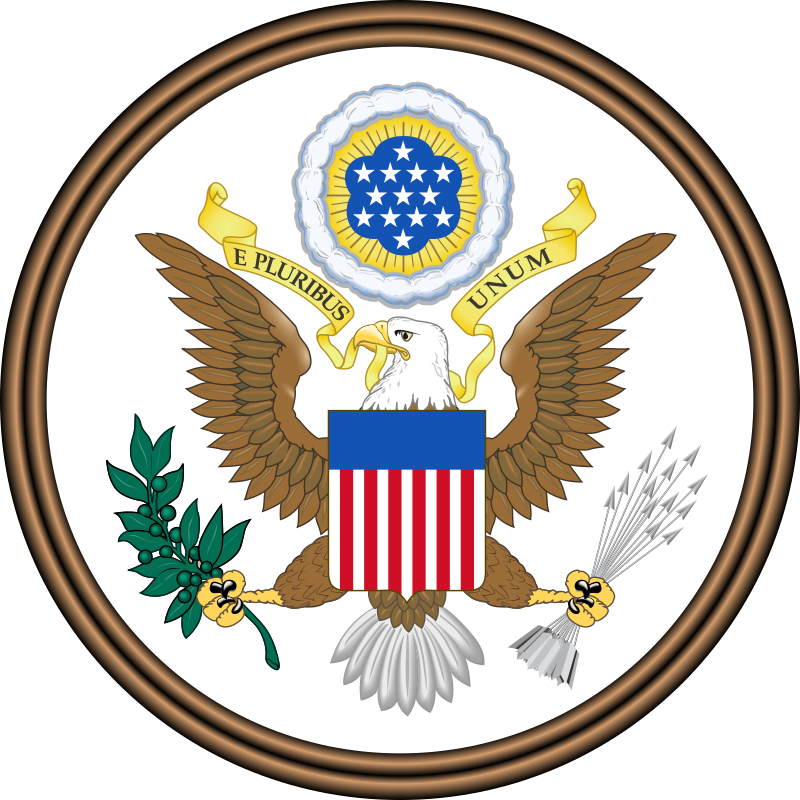The War Powers Act, officially known as the War Powers Resolution of 1973, is a significant United States federal law that seeks to regulate the president’s authority to engage the country in armed conflict without explicit approval from Congress. Passed during the Vietnam War era, the Act was a direct response to concerns that U.S. presidents had increasingly committed military forces to combat situations without sufficient oversight from the legislative branch. Its purpose is to restore the constitutional balance of power between the president, who serves as commander-in-chief, and Congress, which holds the power to declare war.
This legislation requires the president to notify Congress within 48 hours after deploying armed forces into military action. Furthermore, it limits the time U.S. forces can be engaged without congressional consent to 60 days, followed by an additional 30-day withdrawal period. If military action needs to continue beyond this timeframe, the president must seek Congressional authorization. The Act also grants Congress the authority to demand the withdrawal of troops by passing a concurrent resolution. However, the constitutionality of this specific provision has been debated and legally challenged.
Despite its intentions, the War Powers Act has been controversial since its enactment. Many presidents have viewed the Act as an infringement on their powers as commander-in-chief, arguing that swift and flexible responses to international threats require the ability to act without prior Congressional approval. This tension between branches of government reflects ongoing constitutional debates about war powers and the separation of powers. Some presidents have ignored or circumvented the Act, notifying Congress but continuing military operations without formal authorization.
The Act has been cited during several U.S. military engagements since its passage. For instance, during the Kosovo conflict in 1999 and the Gulf War in the early 1990s, the Act was invoked to inform Congress and set timelines for troop deployment. However, the practical application of the law has often been uneven, and it has never been fully tested in court, leaving some questions about its legal standing unresolved. This ambiguity has contributed to continued debates about how best to regulate presidential military actions.
The War Powers Act remains highly relevant in modern U.S. foreign policy discussions. It serves as a framework for debating presidential authority, military oversight, and the system of checks and balances within the federal government. Recent military actions taken without explicit congressional declarations have renewed calls for clearer rules and reforms. Many lawmakers argue that the Act should be strengthened to prevent future presidents from unilaterally engaging the country in military conflicts, while others emphasize the need for flexibility in responding to emerging threats.
Legal experts continue to analyze whether the War Powers Act aligns with constitutional principles. While Congress holds the power to declare war, the president’s role as commander-in-chief grants significant authority to manage military operations. This ongoing debate highlights the difficulty in balancing swift executive action with democratic oversight. The Act attempts to mediate this balance by requiring presidential transparency and limiting the duration of military engagements without legislative approval.
The War Powers Act has had a lasting impact on how the United States approaches decisions related to war and peace. It has shaped presidential conduct and Congressional responses in times of conflict, influencing how military power is exercised. The law underscores the importance of cooperation between branches of government to ensure that decisions involving the use of force are made responsibly and with proper oversight.
As global security challenges evolve, the War Powers Act remains a central point of discussion in defining the roles and limits of the executive and legislative branches regarding military action. Its legacy reflects the complexities of governance in a democratic society that must balance the need for effective defense with accountability and the rule of law.







